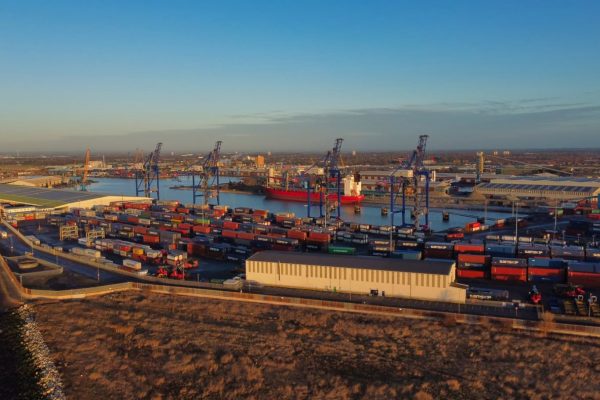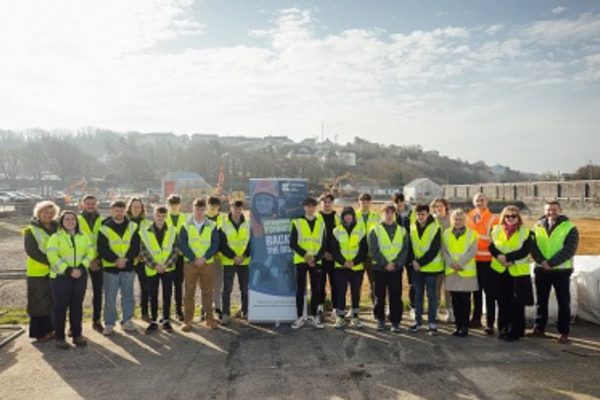The Merchant Navy Welfare Board (MNWB), a leading charity for the UK Merchant Navy and fishing fleets, is reaching out to seafarers uniquely, calling on them to voice their experiences of port welfare services in the UK. The call is part of a newly launched initiative, the UK Port Welfare Seafarers’ Survey, aimed at ameliorating the support and services available at UK ports.
This survey is expected to reach hundreds of seafarers with the aid of maritime welfare charities. Despite being available online, the survey will be distributed physically, primarily through port chaplains, ship welfare visitors, seafarers’ centres, and other organisations that regularly interact with seafarers.
The MNWB sees this survey as an instrumental tool in shaping future welfare provisions for seafarers. It seeks to focus on three main areas: shore leave, connectivity, and mental health and well-being support.
In a recent statement, Stuart Rivers, MNWB’s Chief Executive, expressed the charity’s dedication to enhancing seafarers’ welfare. “We want to hear from as many seafarers, far and wide, as possible to get their views and experiences of port welfare services in the UK,” Rivers said.
Rivers stressed the importance of these firsthand experiences, emphasising that they will be instrumental in helping to design and deliver future welfare provisions for seafarers. As part of their role as the National Seafarers’ Welfare Board, Rivers affirmed the MNWB’s duty to ensure no seafarer or fisher is left without welfare support. In areas where welfare support is lacking, he committed to working tirelessly with the necessary bodies to ensure the needs of seafarers are met.
Seafarers have until July 31, 2023, to complete the anonymous online survey. For those who prefer paper copies, downloadable versions in various languages are available from the MNWB website. This initiative showcases the MNWB’s commitment to improving maritime welfare provision and acknowledges the seafarers’ crucial role in the maritime industry. The survey results will undoubtedly shape the future of welfare services for the maritime sector in the UK.




